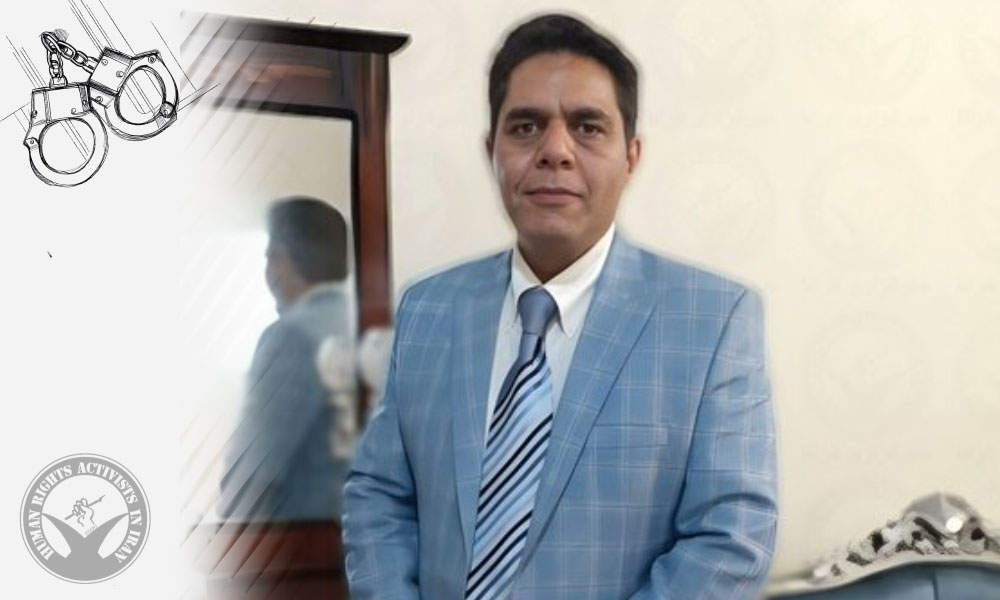HRANA – The sentence of amputating four fingers of the right hand of Mohsen Ashiri, a 37-year-old prisoner from Falavarjan, Isfahan Province, was carried out in Dastgerd Prison of Isfahan, despite the victim’s consent and the submission of a repentance statement by the prisoner. This action took place even though, under Iran’s Islamic Penal Code, both repentance and the complainant’s consent can prevent the implementation of such punishments (hudud).
The identity of this prisoner has been confirmed as Mohsen Ashiri, 37, a resident of Falavarjan County in western Isfahan Province. His amputation sentence was carried out on Tuesday, September 30, in Dastgerd Prison. The implementation occurred despite the fact that the complainant had already granted consent.
A relative of Mr. Ashiri confirmed the incident and told HRANA:
“About five years ago, Mohsen Ashiri, along with another individual named Majid, was arrested on charges of stealing from the home of a provincial official’s son-in-law. The Isfahan Criminal Court sentenced him to six months in prison and the amputation of four fingers of his right hand. After the stolen property was returned, the complainant expressed consent, and Mr. Ashiri submitted a written repentance statement. He was later released on bail of one billion tomans.”
The source added:
“Later, during the judicial process, the case was referred to the Supreme Court. At that stage, despite not having committed any new offense, Mohsen was again summoned to court and detained. His bail was suddenly increased from one billion to 200 billion tomans without a clear explanation from the judiciary. Eventually, on Tuesday, September 30, the amputation was carried out in Dastgerd Prison, and he was released after being transferred to a hospital.”
Under Articles 114 and 119 of the Islamic Penal Code, in crimes punishable by hadd (such as theft), repentance before the proof of the crime, the victim’s consent, and the existence of doubt about the fulfillment of religious conditions can prevent the execution of the sentence. Furthermore, Article 113 provides that if the convicted person repents after conviction, the judge may request clemency from the Supreme Leader. Considering that in this case the prisoner had repented, the victim had consented, and the stolen property was returned, the execution of the amputation sentence raises serious legal and ethical concerns.
The unprecedented increase in bail amount and the execution of such an irreversible and severe corporal punishment despite the absence of a new offense may indicate judicial misconduct or external interference in the case.
It should be noted that hand amputation sentences violate the fundamental principle of human dignity. The International Covenant on Civil and Political Rights (ICCPR) explicitly prohibits inhuman and degrading punishments, yet Iran continues to carry out such sentences despite domestic and international objections.







